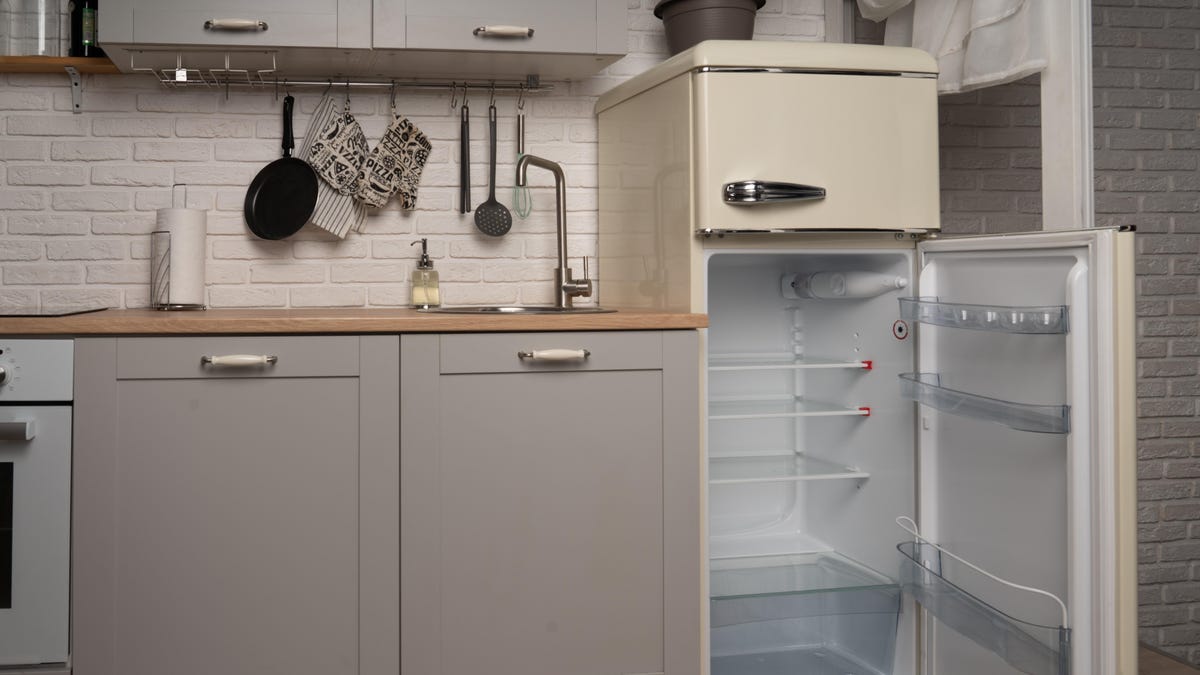Arguments in Favor of Buying “dumb” Devices

The assumption is that technology is constantly getting smarter. The sudden influx of artificial intelligence services and products like ChatGPT has galvanized debate about the power of complex, interconnected algorithms that can automate our lives, but it’s just the latest trend that began years ago with smart TVs and Siri. Today, a surprising number of things are “smart” and part of the Internet of Things. From the thermostat on the wall to virtually every appliance in the kitchen or laundry room, a smart version is available.
But do you need (or even want ) a smart refrigerator? Smart dishwasher? Yes, these smart devices offer some useful features, but half the people who buy smart devices don’t bother to connect them , either due to privacy concerns (see below) or because they simply don’t see the benefit in it (you need your refrigerator to keep track of your shopping list, or do you just write it down somewhere like a normal person?). Samsung apparently plans to equip all its devices with the Bixby digital assistant (plus AI enhancement), despite the fact that Bixby is perhaps the most despised technology compared to speed cameras.
The answer is pretty obvious: no, you probably don’t need smart devices. In fact, you should probably buy the stupid ones—if you have the option.
Lack of personal space
Manufacturers love smart technology. Not because they like to give you new features and more control, but because they can collect vast amounts of your personal data and use it for their own purposes and/or sell it to third parties who will weaponize it against you. targeted advertising. Consumer Reports found that typical smart kitchen appliances from major companies sent up to 19MB of data back to the mothership each week. Some of this data is certainly related to the operation and functioning of the device, but most of it relates only to your habits, and some manufacturers also use data from other sources to expand their knowledge about you.
The most important aspect of this is that you have no idea what is being tracked and shared or what it is actually being used for. And the benefit to you may be minimal. Yes, in theory, the data you generate could help load a new feature into your device or fix bugs, but people have been using dumb devices without such nebulous benefits for decades.
Lack of control
Appliance manufacturers are in the business of selling you new appliances. While they may not intentionally make your device obsolete, they aren’t particularly concerned about it either. And smart devices may stop working for reasons directly related to “smartness”. Some models have features that will only work when connected to the Internet, so if you ever decide to turn off data streams or if your oven’s Wi-Fi chip fails, your device may be less useful.
Another potential problem? Company failure. If the company that makes your device goes bankrupt or closes the division that sold your device model, this could render your device unusable—this is called a “lock-in.” The failed device is still in perfect working order, but since it can no longer communicate with its mothership, it simply refuses to work. And sometimes it can happen simply because of technological developments: millions of old smart devices will stop working after the old 2G and 3G networks are switched off, and if the manufacturer does not constantly update the software that powers them, they may stop working or become a threat to your safety . This scenario is likely to repeat itself for many years to come.
Higher operating costs
Smart devices tend to cost a little more because they offer features and functionality that dumb devices don’t have. It’s fair. But they tend to be more expensive to maintain, if they can be repaired at all.
The cost of repairing “smart” equipment is approximately twice as high as “dumb” equipment. This is due to the cost of the components involved, which typically involve complex chips and circuitry instead of old-fashioned mechanical controls, as well as the higher rates charged to repairers capable of working on them.
And it may even be impossible to find someone to repair smart technology , even if the problem is relatively basic. Manufacturers sometimes try to discourage any kind of DIY repair, and often the only option you have when a smart device breaks down, even a relatively new one, is to replace it entirely.